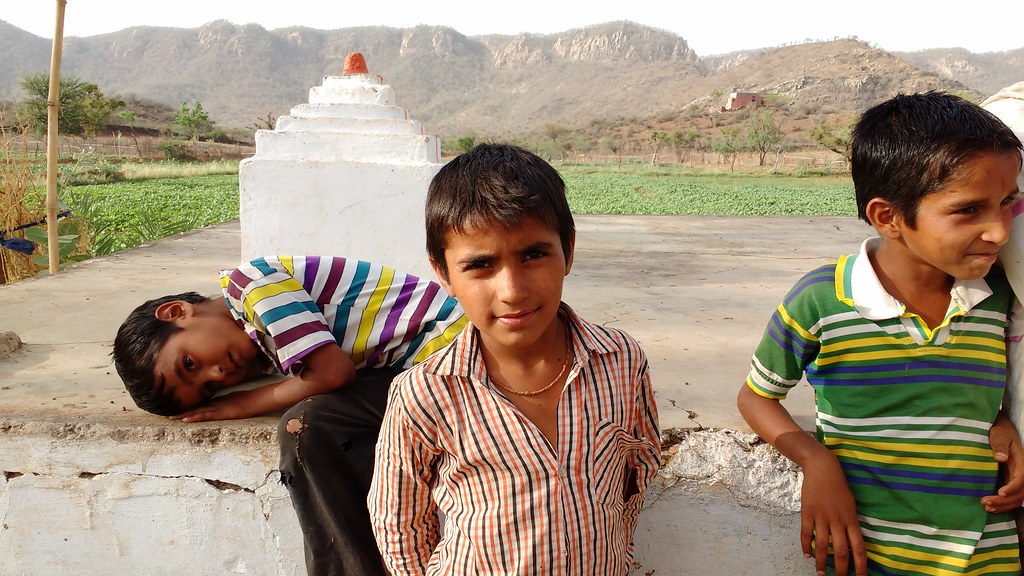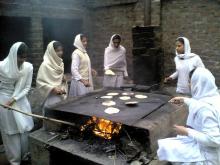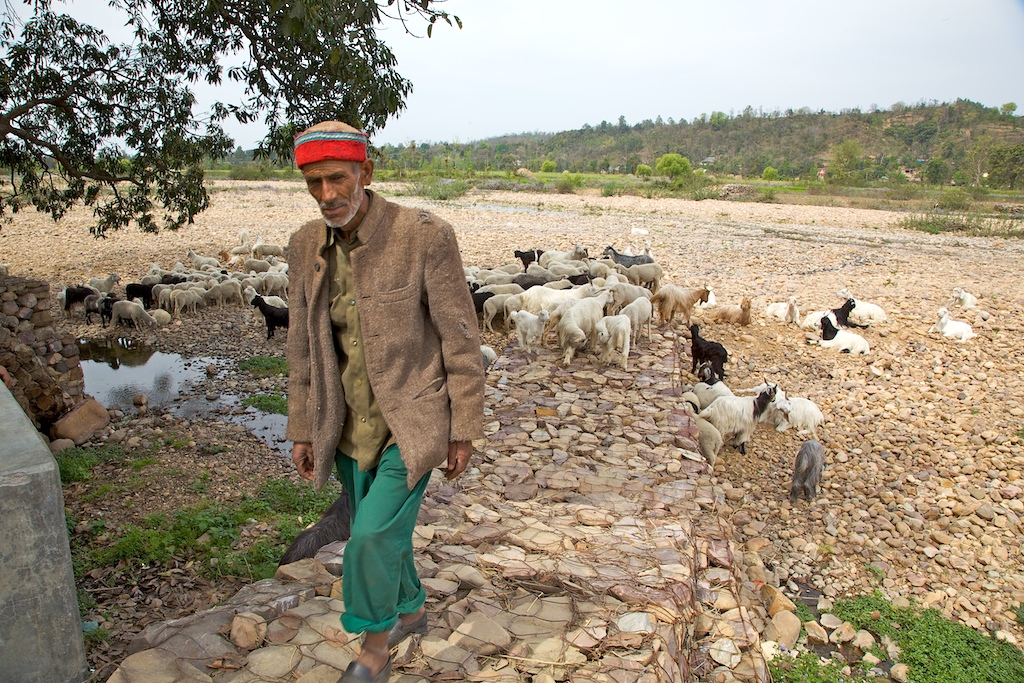‘Leprosy is still a stigma in India’

How can access to education and good healthcare change somebody's life is evident from Suresh Dhongde's success. At one point of time he was staring at possibility of a life wasted. Today, the 35-year-old is a proud recipient of the national award for being a role model in overcoming leprosy. Not only is he helping other leprosy-affected people join mainstream, but also trying to break well-entrenched stereotypes related to the disease. He is fighting against several laws and rules which discriminate against leprosy patients.






 The impact of climate crisis on people across the world is highly disproportionate but no other group is as vulnerable as children in low income families of developing countries. Children are not emotionally and physically capable of understanding the dangers during extreme weather events and are dependent on adults for their survival. They are more susceptible to water and vector borne diseases, malnutrition and they are forced into labour due to economic challenges induced by climate crisis.
The impact of climate crisis on people across the world is highly disproportionate but no other group is as vulnerable as children in low income families of developing countries. Children are not emotionally and physically capable of understanding the dangers during extreme weather events and are dependent on adults for their survival. They are more susceptible to water and vector borne diseases, malnutrition and they are forced into labour due to economic challenges induced by climate crisis. 

 Beginning in the 1990s, the forest department shifted away from commercial production toward a greater emphasis on joint-forest management, which resulted in a shift toward an array of broad-leaved (but still not palatable) species being planted, especially in lower altitudes. However, Gaddis were largely left out of many joint forest management schemes mainly because of their migratory practice and were consulted in a “token fashion” for compensatory afforestation for hydroelectric projects in high altitudes.
Beginning in the 1990s, the forest department shifted away from commercial production toward a greater emphasis on joint-forest management, which resulted in a shift toward an array of broad-leaved (but still not palatable) species being planted, especially in lower altitudes. However, Gaddis were largely left out of many joint forest management schemes mainly because of their migratory practice and were consulted in a “token fashion” for compensatory afforestation for hydroelectric projects in high altitudes. 





